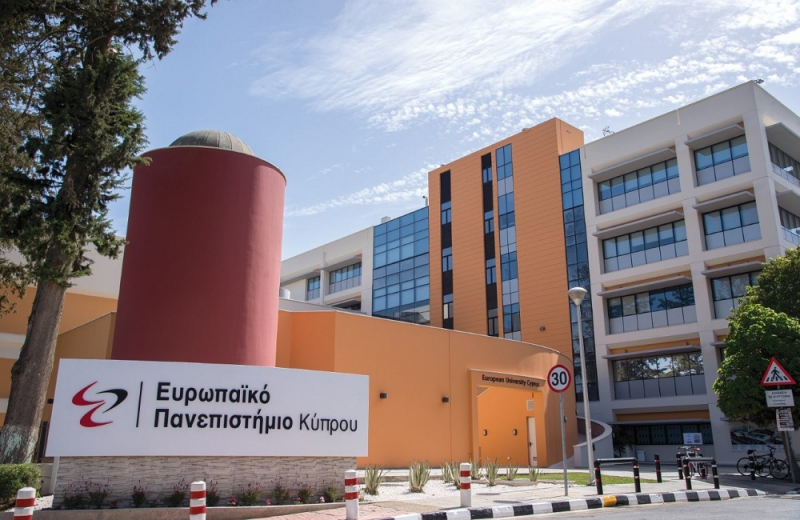
The Faculty of Sciences of the European University of Cyprus in collaboration with the Center for Excellence in Banking and Biomedical Research (CY-Biobank), and the Medical Schools of the University of Cyprus and the University of Nicosia, conducts pioneering research among the Cypriot population for COV antibodies against -19.
The research is coordinated by the School of Sciences of the European University of Cyprus, Epidemiologist Lecturer Ioannis Mamais, while on behalf of the Center of Excellence CY-Biobank, Dr. Konstantinos Deltas, Professor of Medicine and Molecular Genetics at the Medical School of the University of Cyprus and Director of the Center of Excellence for Biobank and Biomedical Research (CY-Biobank). Researchers Dr. are also participating. Grigoris Papagrigoriou and Dr. Apostolos Malatras, while from the Medical School of the University of Cyprus participate the Epidemiologist Assistant Professor George Nikolopoulos, the Pediatrician-Infectious Diseases Assistant Professor Maria Koliou, and the Infectious Diseases Lecturer Irini Christaki. Professor of Molecular Virology Petros Karagiannis from the Medical School of the University of Nicosia participates. This research has been approved by the National Bioethics Committee of Cyprus (EEBK / EP / 2020/19).
Initially, the research aimed to test for the presence of antibodies against the coronavirus SARS-CoV-2, which is responsible for COVID-19. Specifically, volunteers who were positively diagnosed with coronavirus, health professionals from Nicosia General Hospital, Makareio Nicosia Hospital and Paphos General Hospital and people from the general population were invited to participate in the research, to give samples of biological material. The results so far concern 1,898 volunteers in Cyprus where during the laboratory diagnosis of SARS-CoV-2 infection both qualitative and quantitative IgG antibodies were studied by collecting samples: serum, plasma and urine. The results show that older people (> 60 years), men and people who have symptoms or have been treated are more likely to achieve higher IgG antibody titers. The antibody response to SARS-CoV-2 infection peaks in the first trimester and drops sharply thereafter to the first half and stabilizes and / or decreases after 6 months.
This research is ongoing and remains open to volunteers vaccinated to monitor their antibodies over time. To participate in the research study, volunteers are invited to contact the Center for Excellence in Banking and Biomedical Research of the University of Cyprus at 22-892815 or through the website: https://biobank.cy/erevna-covid-19/. The test for antibody detection in the population is free.
Part of this research has been presented so far at international conferences in Athens and Cyprus.
It is noted that for the realization of the specific research, the Embassy of China in Cyprus offered € 5,000 (after consultations with the former Rector of the European University of Cyprus, Professor Costas Guliamos). The research is mainly funded by the EU HORIZON 2020 Research and Innovation Program, and also partly by the organization Volunteer Doctors Cyprus.
Ioannis Mamais is an Epidemiologist specializing in Molecular Epidemiology of Viral Infections, Coordinator of the COVID-19 Epidemiological Surveillance Unit of the Ministry of Health, as well as an advisor to the Ministry for the assessment of the epidemiological risk of open countries.




